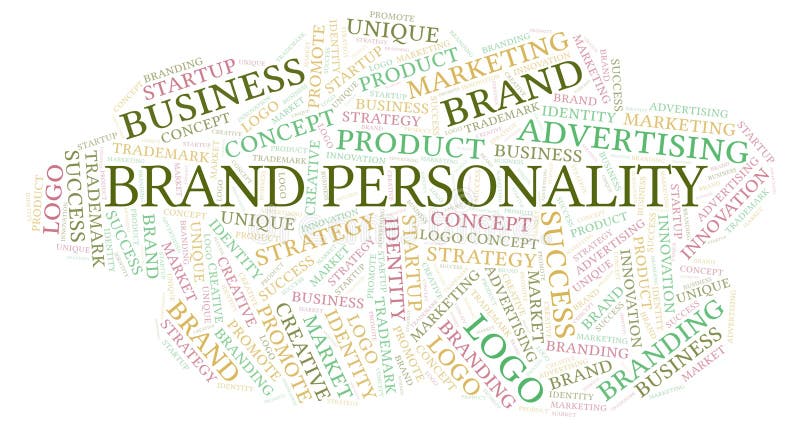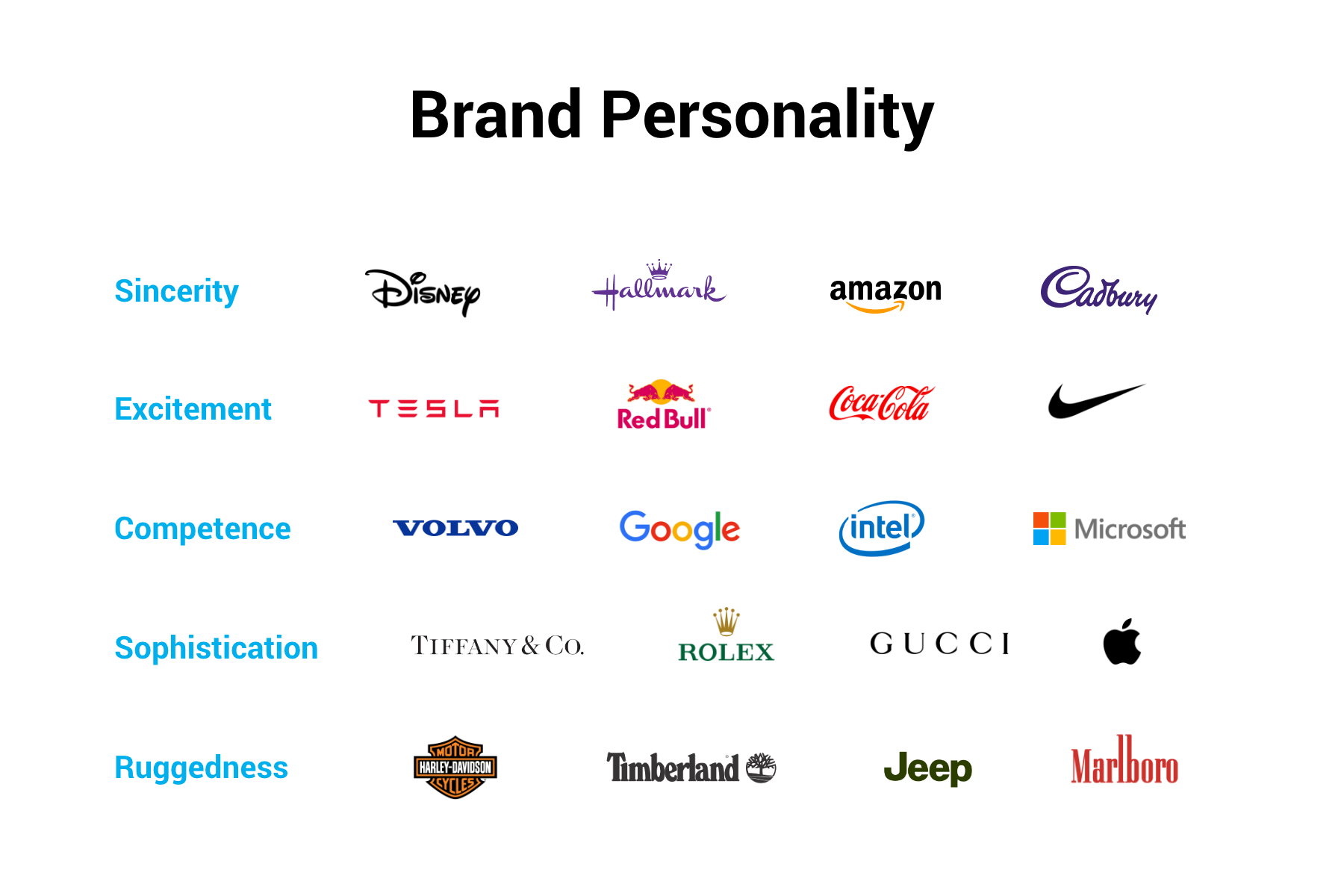How people see and understand the personality of your brand is important. A brand that can easily be identified is easier to remember; customers become more loyal and trust the brand when it has a personality behind it.
As consumers, we often react very strongly and instinctively to brands – just as we do to some people. We see advertisements, social media posts, and news articles, and we’re thinking, “I like this brand as how they present their personality” or “I don’t feel any connection to this brand.”
These emotional connections have a direct impact on sales and business. According to Harvard Business School, 95% of purchase decisions are based on emotions rather than logic. Having a good product or service is not enough. You need the right brand personality.
But what does this brand personality mean? And how can it improve the business? In this article, we will go over the basics to shape your brand’s personality so that you know how to do your best and gather loyal customers.
What is brand personality?

Brand personality is a set of traits associated with a brand in the eyes of a consumer. A brand’s personality shapes the public image of a brand, how it works, what it says, and how it looks. Therefore, when we say “brand personality,” we are talking about the company’s reputation.
But how can brand personality work on new and old customers?
Your brand personality can attract or drive away customers. But when you actively try, you can use your brand personality to attract a targeted customer group or enter a new market. The trick is to align personality with specific group preferences.
But personality alone is not enough. From logos and websites to the voice of customer service representatives, every branding effort should express your brand’s personality. If you want your brand to look and feel “friendly” or “serious,” you need to adjust your branding material accordingly.
What Makes a Brand Personality Successful
Approaches, strategies, and even the personalities can vary widely from company to company, but brand personality’s actual goals are consistent for all. Regarding the overall brand, the individuality of the brand should meet the following five areas:
Authenticity – Make your brand personality authentic by always reflecting your business goals and culture. Don’t present a brand personality that is far from what your business’ values are. In today’s world, young consumers, in particular, are beginning to understand when a company is sincere and taking advantage of the trends.
Memorability – It’s important to keep in mind for the new brands to explore different strategies to make brands easier to remember over other thousands of brands. A funny picture, a play on words, or an unusual gesture can make the unknown start noticeable.
Reliability – Every brand claims to be the best, but only one of them tells the truth. Like a real person, if your brand speaks lies, people will stop listening to it.
Authority – Customers expect the brands they buy their products or do their business to be experts in their field. A brand personality that is helpful and confident will attract more customers.
Value – This is your business’s substance: what unique value do you offer to your customers? Is there a way to identify product type, quality, and price? Your brand personality needs to complement your business model.
How To Develop A Strong Brand Personality
As mentioned above, while brand personality goals are the same for everyone, the approaches should be decided by your unique company. In other words, the goal is the same, but how you get there is up to you. Read the following three tips to help you create the best brand personality:
- Cater to your target customers
Meeting your target customer’s preferences is essential, even more important than your own preferences. Ideally, you already have a clear idea of who your customers are and what they want, but even so, collecting quantitative customer data can reveal information you would never have known.
- List the adjectives to describe your brand personality

If you’re having trouble identifying your business’ characteristics, make a list of adjectives that describe your ideal brand personality. Just be aware of your target customers, especially their preferences and expectations. They should like the words on this list more than you like it.
- If your brand was a person
Imagine your brand as a living person. If you don’t know where to direct your brand’s personality, imagine that your ideal brand is a real person, and you’ll meet for the first time at a party.
Summary
The way people perceive your brand is subjective. But that doesn’t mean you have to leave it at that. It’s one thing to know the brand’s personality that works best for your brand, but it’s another thing to translate that personality into your logo, website, and product. Once you know what you’re trying to achieve, you can revitalize your brand personality in all aspects of your brand. Start creating your brand strategy with experts today!
Louie is the father behind the travel blog Browseeverywhere.com. He has a background in photography, E-commerce, and writing product reviews online at ConsumerReviews24. Traveling full time with his family was his ultimate past-time. If he’s not typing at his laptop, you can probably find him watching movies.
